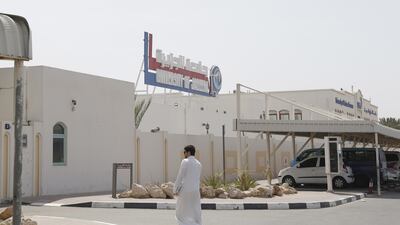John Brademas died this week at the age of 89. You might not have heard about the former Indiana congressman but his work at New York University contains a number of important lessons for our own field of higher education. In 1981, Brademas became NYU’s president. At the time, the university was still a commuter school, a kind of private version of the famed City University of New York.
Throughout the 1980s, Brademas approached running the university like a politician running a campaign, with a network of fundraising and awareness events across the United States. Due in large measure to his efforts, New York University emerged as one of the premier private universities in the world.
The evolution of New York University confirms a simple truth about the development of institutions of higher education. It takes time for a research environment to mature. We have set the mark of academic excellence high with the opening of New York University Abu Dhabi, the Paris-Sorbonne University Abu Dhabi and the continuing success of Zayed University and UAE University. As The National reported yesterday, some of our universities are in a period of growth and others are still finding their feet. The Ministry of Education has placed three universities on probation and ordered them to stop admitting students for next year. This follows the practice in other countries, where universities that fail to meet standards are placed on probation.
We can’t expect every one of our universities to match the quality of Zayed University or NYU Abu Dhabi overnight. Rather, our premier research universities should serve as a benchmark for other institutions to match. This takes time and the Ministry of Education is fulfilling its role to intervene in poorly performing universities. For students, a guide similar to the Times Education Supplement would be helpful to find the best fit for their fields of interest when choosing an institution to attend.
As John Brademas’s legacy demonstrates, the development of a university can be a slow process that requires a mix of aspiration, patience and dedication. The investment in bringing the world’s best universities to this country is proof positive that our dedication to education is unwavering. We now need to embrace the process of maturing our higher education environment and trust in the measures taken by the Ministry of Education. Our patience will be rewarded.

